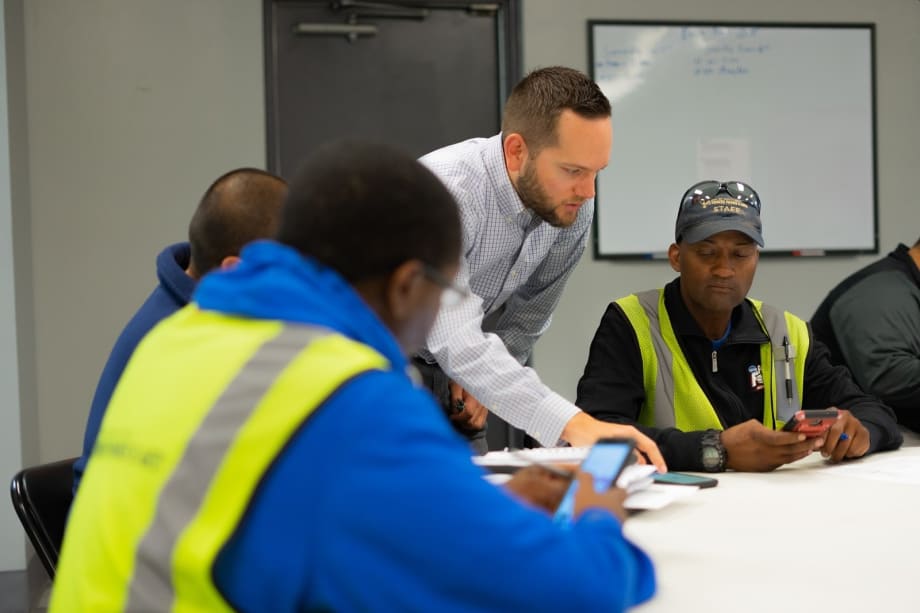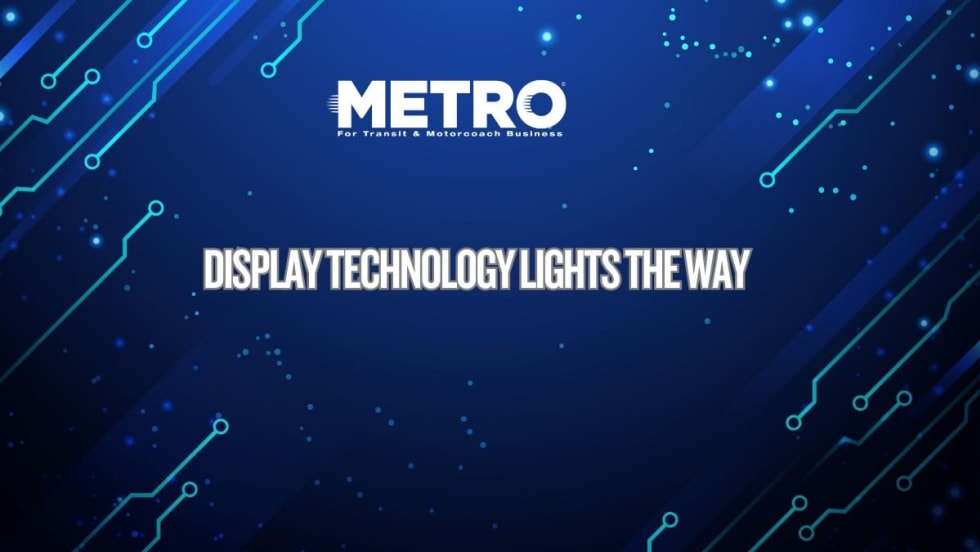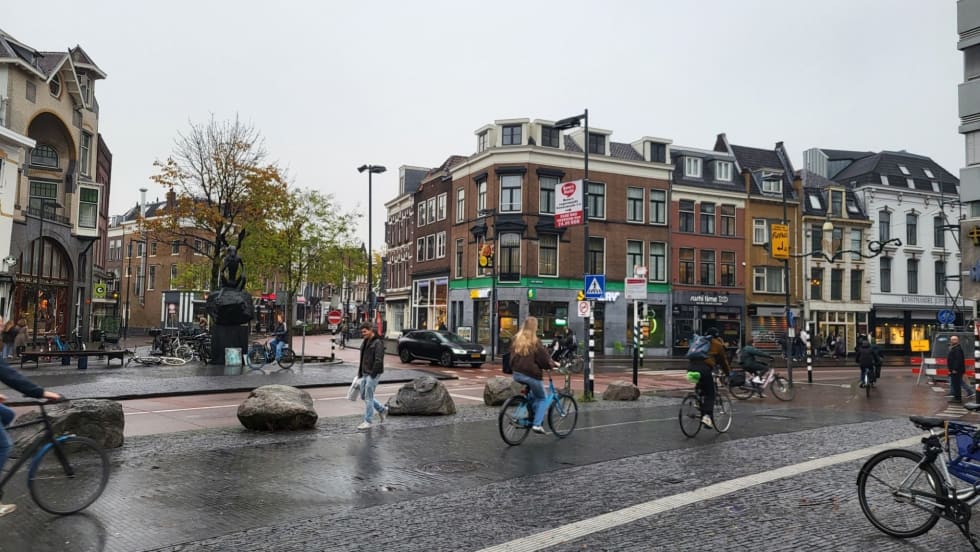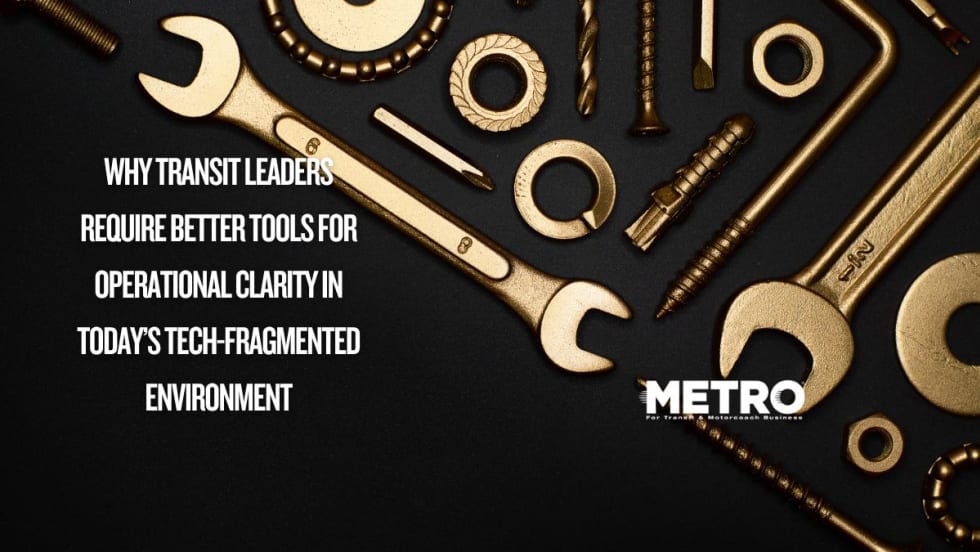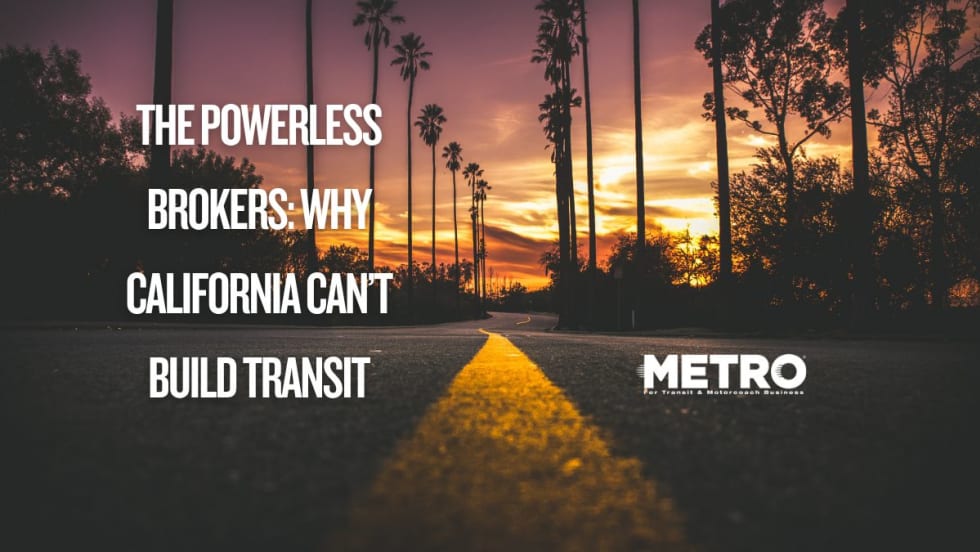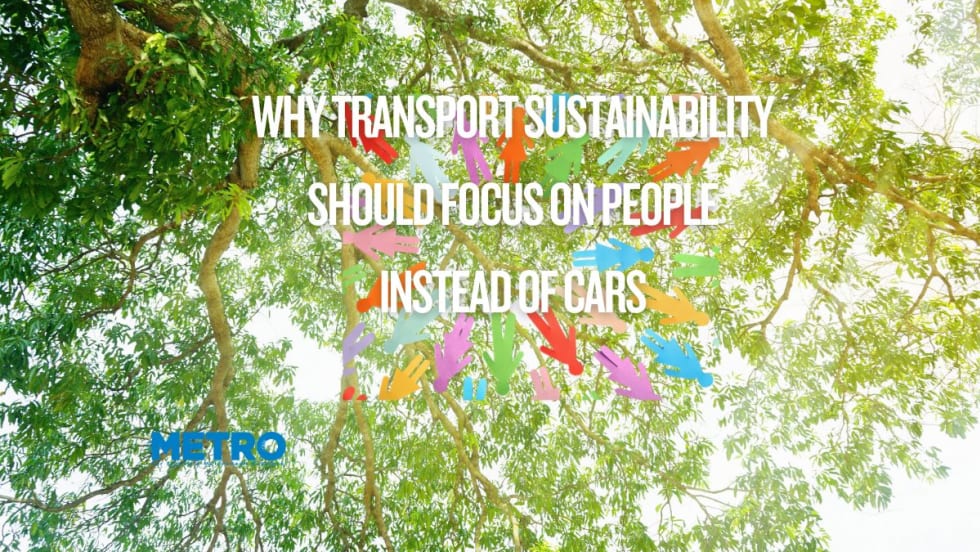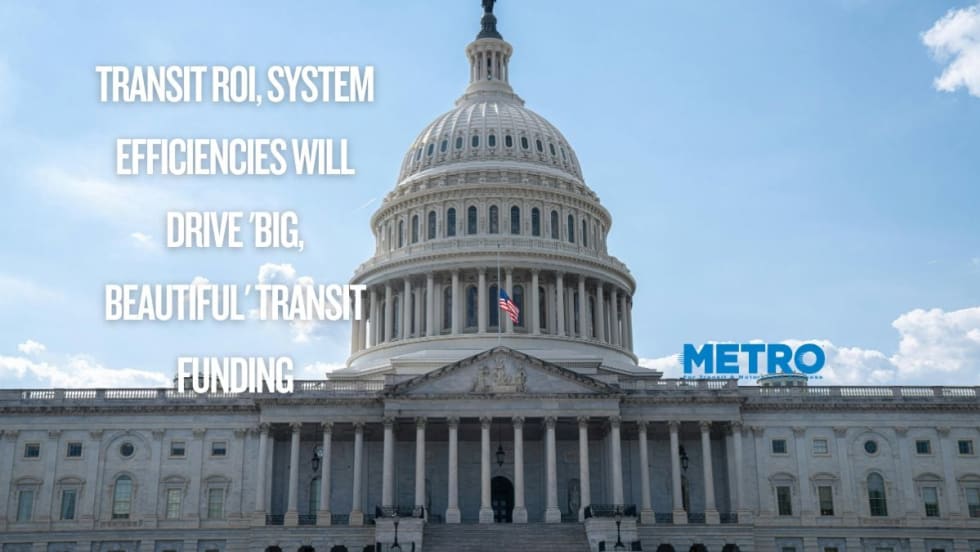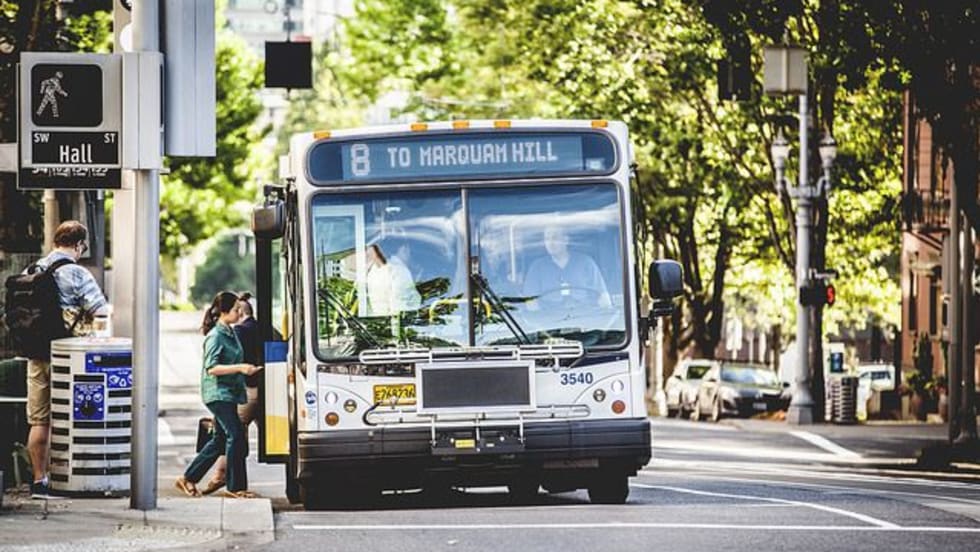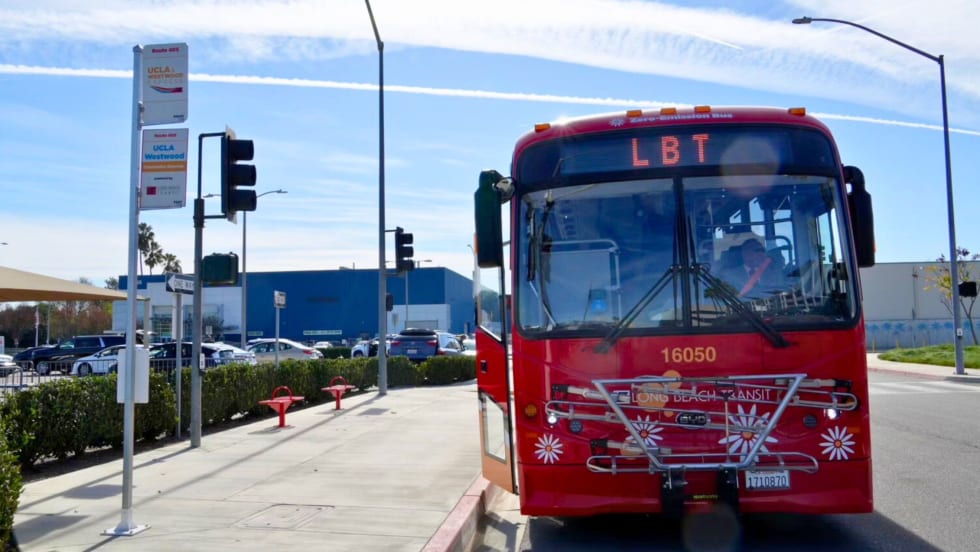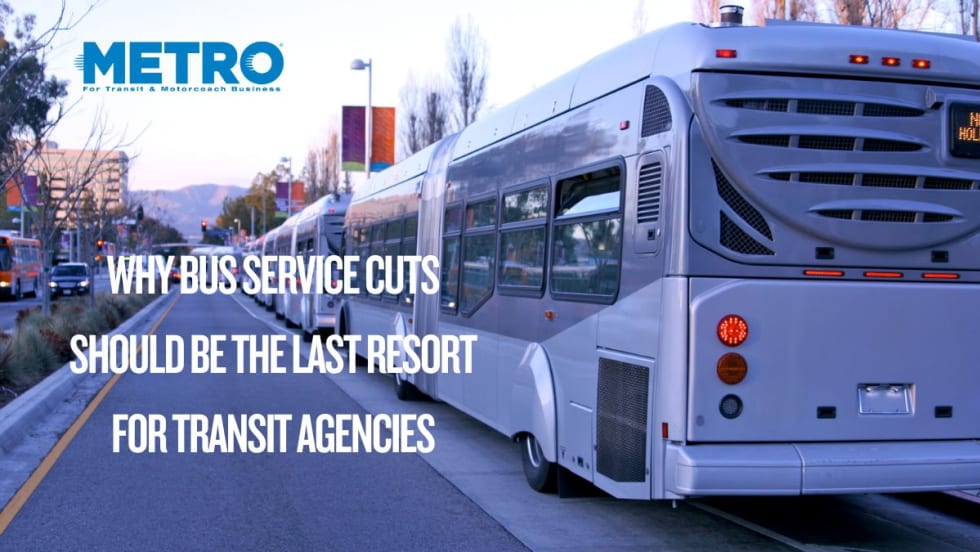Imagine a robust public transit system, at the snap of a finger, could be in full swing in small- to mid-sized cities across the U.S.
Imagine a robust public transit system, at the snap of a finger, could be in full swing in small- to mid-sized cities across the U.S.
Sure, ridership might be low at the start. But eventually, communities would start to feel the positive impacts of public transit — increased economic opportunities and savings, decreased accidents, gasoline consumption, and carbon footprint. Over time, those economy-boosting benefits could be the catalyst our smaller cities need to attain the critical population density that sustains their public transit systems.
It’s a catch-22 — the chicken-and-egg dilemma — for any small- or mid-sized city when it comes to implementing public transit. Leaders are fully aware that public transit would benefit the community, but they’re also aware that realizing those benefits requires a critical population mass to support frequent service — a population mass they just don’t have.
Detractors focus on the tax burden, high fixed costs, and declining ridership.
Advocates agree public transit must be frequent and proximate enough to attract lots of riders.
That requires a high level of residential, employment, commercial, and institutional activity. That requires all-day — not just peak hour — trip making. That requires infrastructure — sidewalks, bikeways, transit connections, and parking — to connect riders to transit. That requires multiple, high-demand destinations, such as major employment centers, educational institutions, or civic centers, be serviceable by fixed-route connections. And, that also requires a dedicated source of funding.
So, what’s a small- to mid-sized city to do?
The South Bend Transit Solution
The City of South Bend, Ind., has wrestled with these issues. A winner of the Bloomberg Mayors Challenge, South Bend is exploring alternative mobility solutions that connect people to jobs. South Bend has a fixed-route bus system, but similar to other cities of its size, there isn’t sufficient demand to justify overnight and full weekend service. Most routes run on a 30-minute frequency or more.
South Bend just doesn’t have the required combination of factors — density, demand, and funding — to support frequent traditional transit services like buses and trains.
Instead of trying the same old approaches, South Bend, with its winnings from the Bloomberg program, has launched Commuters Trust, a public-private collaboration to create a “transportation-as-a-benefit” program for local employees. The idea is to complement public transit with more commute options to help residents get to work. The program, launched late last year, currently provides discounted Lyft rides and access to carpool rewards utilizing the mobile app Hytch Rewards, as well as free bus passes.
While small town and rural public transit ridership increased nearly 8% from 2007 to 2015, according to the American Public Transportation Association, it’s primarily seniors, veterans, and people with disabilities — not low-income workers — who have the highest usage in these areas. A study conducted in the South Bend region in 2016 found that one in three low-income workers cited transportation as a top barrier to finding and maintaining employment. The city estimates this impacts around 10,000 residents.
For employers in the region, lack of transportation access can lead to high rates of turnover and difficulty recruiting staff. Especially in a tight labor market, this ends up significantly costing businesses. According to Aaron Steiner, director of Commuters Trust, South Bend believes this is a multi-million-dollar annual problem for the local economy.
“Traditional mass transit can and should be part of the solution,” Steiner says, “but cities like South Bend need to think outside the box to help residents achieve greater mobility. We’re working to harness technology to create better mobility alternatives and, in the case of the Hytch Rewards app that South Bend is using, to coordinate, track, and pay for a carpool ride.”
Supplementing Traditional Public Transit Services
With the help of digital technology, carpooling — and other shared mobility options such as ride-hailing, microtransit shuttles, bike and scooter share, and vanpooling — can now play a bigger role in a city’s transport mix.
In traditional mass transit, services and fleet capacity are more or less fixed. With shared mobility options enabled by digital technology, services, and fleet capacity become much more flexible and on demand. And, in many cases, vehicles are owned by individuals or private operators, not public entities. What does this mean? Public investment also becomes more scalable — cities can choose how and when to invest in shared mobility programs, which is exactly what South Bend is doing.
The innovative program being pioneered in Indiana is an attempt to add more mobility tools to the city’s toolkit, to supplement its bus system, and fill some of the gaps of its public transit. What’s exciting is that the concepts and technology behind the South Bend initiative could potentially be adopted by other small- to mid-sized cities across America.
Towns that lack the population density that’s traditionally been needed for robust public transit, now have a new way forward.
About the Author: Mark A. Cleveland is co-founder and CEO of Hytch Rewards, a Nashville-based mobility incentive platform that gives users access to cash rewards and carbon-zero transportation in sponsored areas. Hytch is a technology partner of the City of South Bend’s Commuters Trust program.




